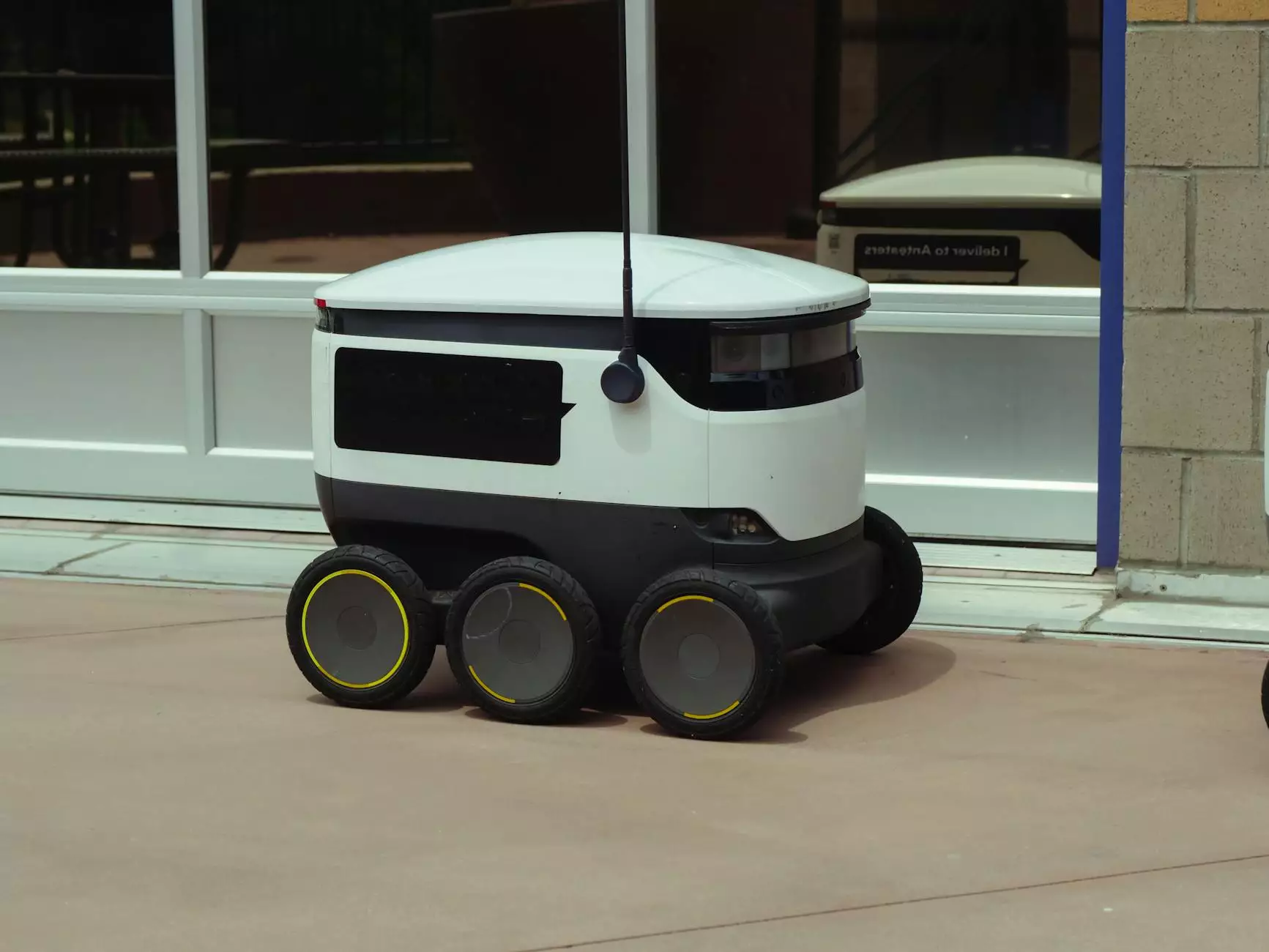Transforming Educational Services Through AI

In an age where technology shapes every facet of life, the educational sector is not left behind. The advent of ai that writes essays for you is transforming how we approach learning, teaching, and educational services. Utilizing artificial intelligence in education opens up new avenues for personalized learning, making it more effective and accessible.
The Role of AI in Business Education
AI is swiftly becoming integral in the educational landscape, particularly in business education. By understanding how AI operates, institutions can tailor their programs to meet contemporary market demands.
Benefits of AI in Educational Services
- Personalized Learning: AI technology can adapt to individual learning paces and styles, ensuring deeper engagement and better retention of information.
- Time Efficiency: Educators can utilize AI tools to manage administrative tasks, allowing them to focus more on teaching and student interaction.
- Data-Driven Decisions: The analytical capabilities of AI empower institutions to make informed decisions based on student performance data.
- Cost-Effective Solutions: Leveraging AI reduces the need for extensive human resources while enhancing the quality of educational delivery.
Special Education and AI: A Game Changer
The special education sector faces unique challenges, from individualized teaching methods to resource allocation. AI technology, specifically the ai that writes essays for you, provides tailored educational resource tools that cater to various learning needs.
How AI Enhances Special Education
With AI, special education becomes more adaptive and responsive to the needs of students. Here are some key advantages:
- Tailored Learning Experiences: AI algorithms analyze the learning patterns of students with disabilities, customizing content that suits their unique needs.
- Accessible Resources: AI enables the creation of resources that are easy for all students to access, ensuring inclusivity.
- Real-Time Feedback: Instant feedback mechanisms help educators make prompt adjustments to teaching strategies, ensuring that students remain engaged.
- Improved Communication: AI tools can bridge communication gaps between educators, students, and parents, fostering a supportive learning environment.
The Future of AI in Business Education
As businesses strive for innovation and efficiency, the integration of AI in their educational strategies grows increasingly crucial. The future demands a workforce equipped with skills that transcend traditional learning methods.
Preparing for Tomorrow’s Workforce
To stay ahead, educational institutions must focus on training students for a tech-driven world. Here’s how AI contributes to this outcome:
- Skill Assessment: AI tools can evaluate students' skills accurately, ensuring they receive the training they need.
- Interactive Learning: AI promotes engagement through interactive lessons that encourage participation and collaboration among students.
- Career Readiness: Integrating AI into the curriculum prepares students for the job market by equipping them with relevant, practical skills.
Implementation of AI in Educational Institutions
Adopting AI technologies requires a strategic approach to ensure successful integration. Here are essential steps to implement AI effectively:
Step 1: Assessing Needs
Institutions must first evaluate their current educational processes and identify areas where AI can offer the most benefits. This includes analyzing student performance data and feedback from educators.
Step 2: Choosing the Right AI Tools
Not all AI solutions are created equal. Institutions should seek tools that align with their educational goals, such as ai that writes essays for you, adaptive learning platforms, and administrative automation systems.
Step 3: Training Educators
For AI to be truly effective, educators must be properly trained in its use. Professional development programs should focus on equipping teachers with the skills needed to integrate AI tools into their teaching methods.
Step 4: Implementing and Evaluating
Once AI tools are in place, institutions must monitor their effectiveness continuously. Gathering data on student performance and engagement will help refine educational strategies further.
Success Stories of AI Integration in Education
Numerous institutions have successfully adopted AI technologies, experiencing remarkable benefits. Here are some noteworthy examples:
Case Study 1: Retention Rates at XYZ University
XYZ University implemented an AI-driven learning platform that provided personalized learning paths for students. As a result, student retention rates increased by 25% within a semester, showcasing the power of tailored education.
Case Study 2: Enhancing Communication in ABC School District
ABC School District utilized AI tools to streamline communication between teachers, students, and parents. This initiative significantly improved parental engagement and student participation in academic activities.
Challenges of AI in Education
While AI presents remarkable opportunities, it also poses certain challenges. Educational institutions must be aware of these to mitigate risks effectively.
Data Privacy Issues
With AI systems collecting student data, concerns regarding data privacy and security are paramount. Institutions must prioritize compliance with regulations such as FERPA and ensure that sensitive information remains protected.
Access Disparities
Not all students have equal access to technology. Schools must address digital divide issues to ensure that all students can benefit from AI advancements.
Conclusion
As businesses and educational institutions look toward the future, embracing AI is not merely an option—it's a necessity. With tools like ai that writes essays for you, educators can create a more inclusive, engaging, and effective learning environment tailored to individual needs. The integration of AI paves the way for innovative educational practices that can better prepare students for the challenges and opportunities of tomorrow's workforce.
In summary, the landscape of educational services and special education is evolving rapidly. By harnessing the power of AI, we can unlock unprecedented potential in learning experiences, ensuring that every student is equipped for success.









